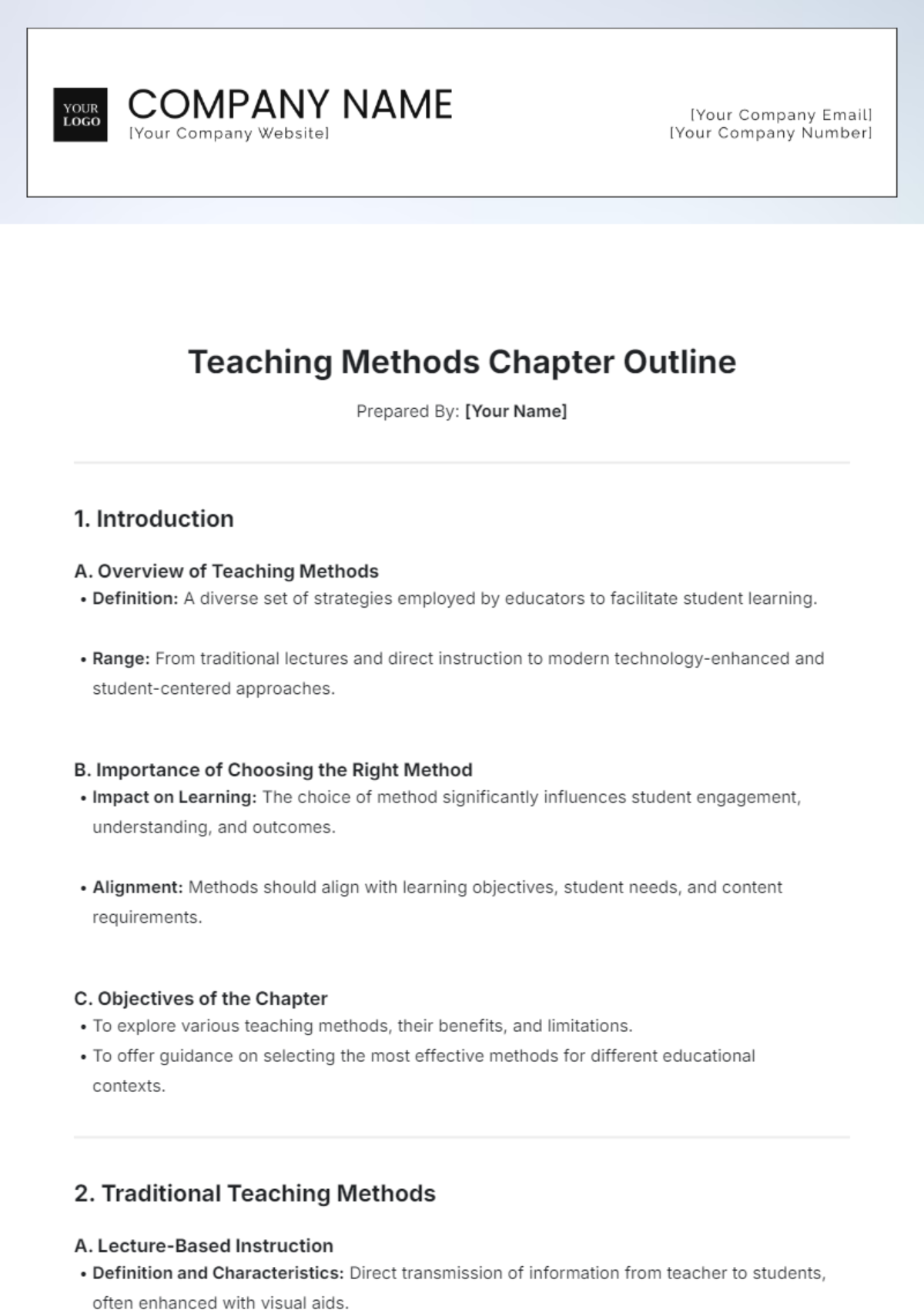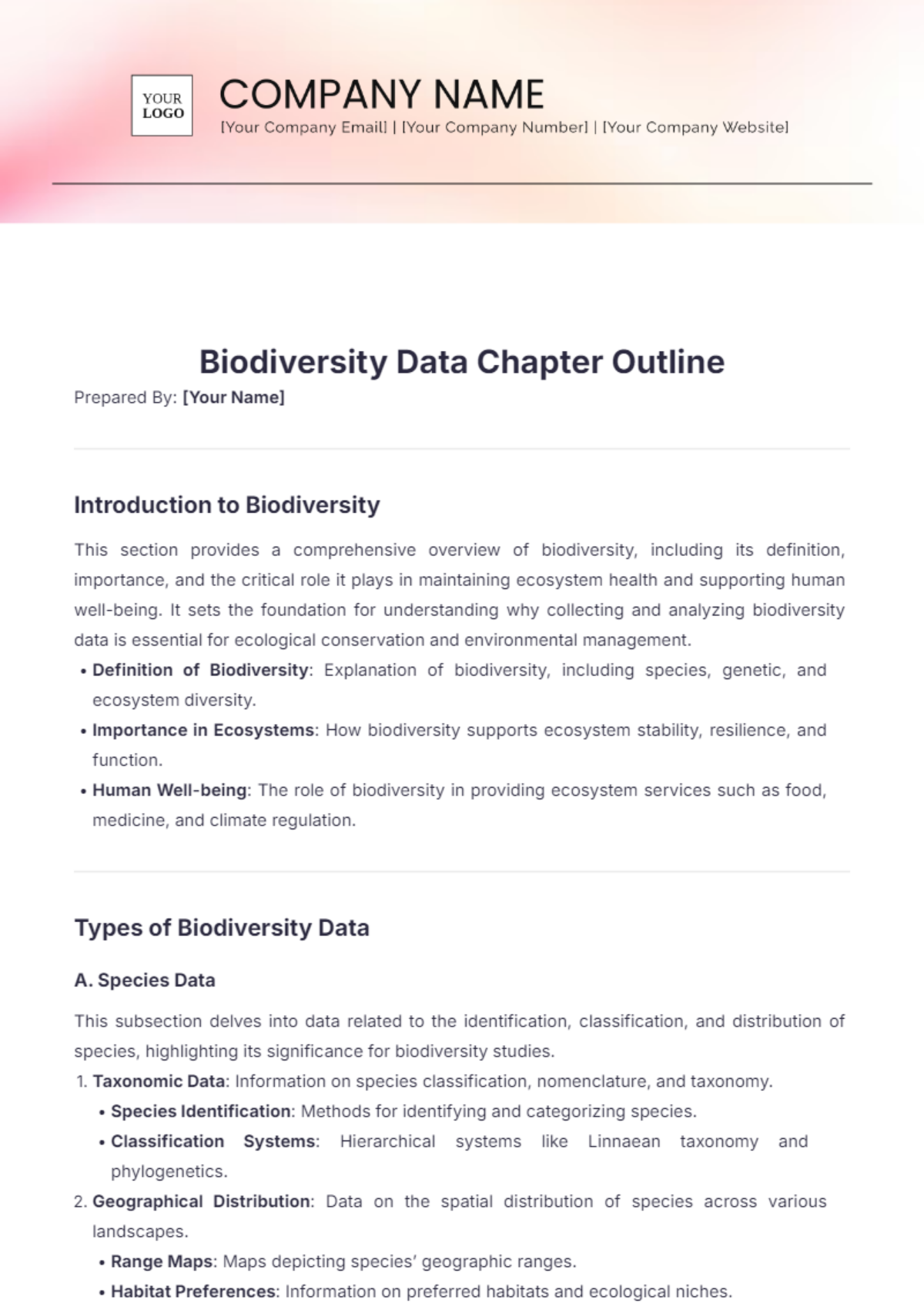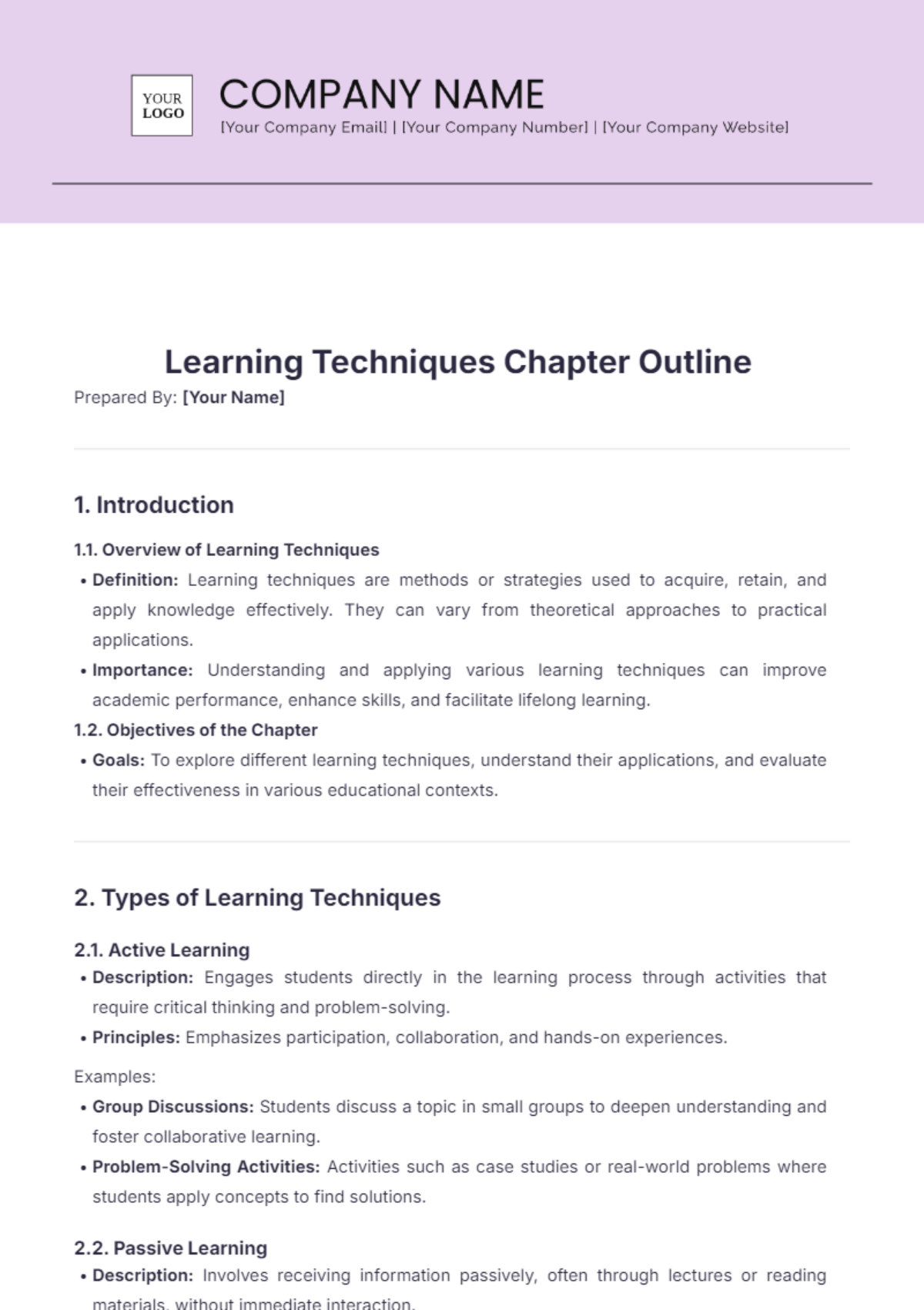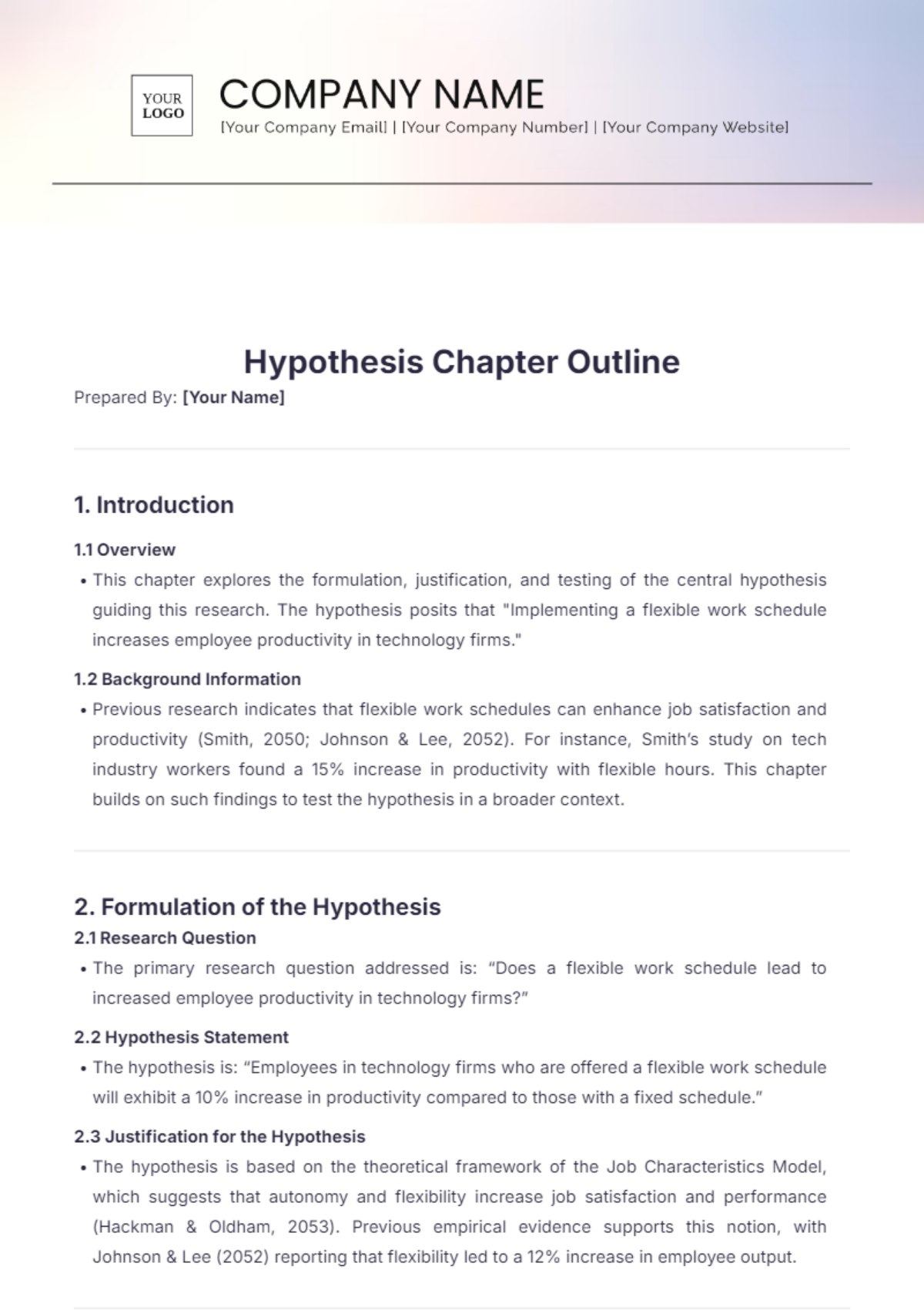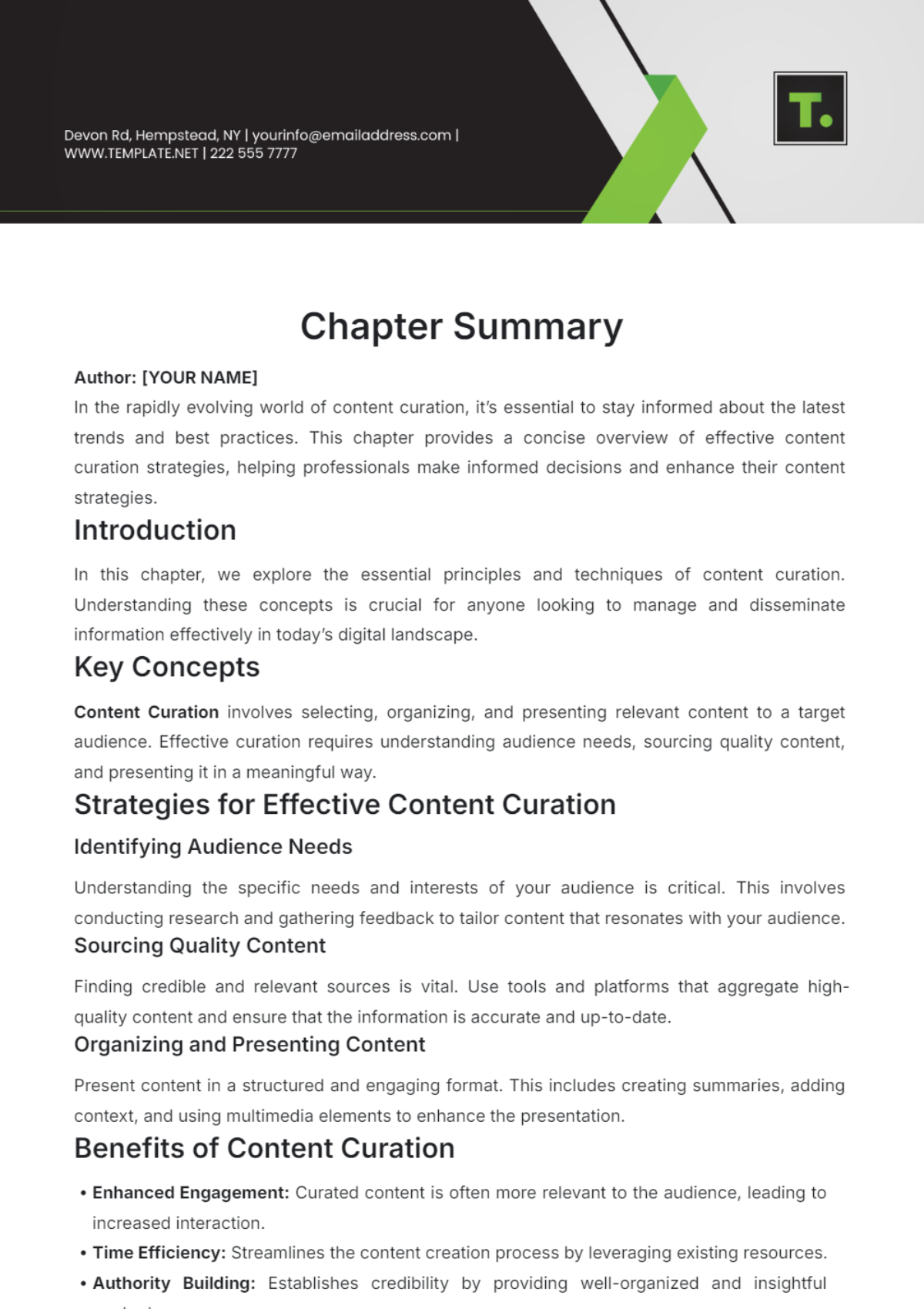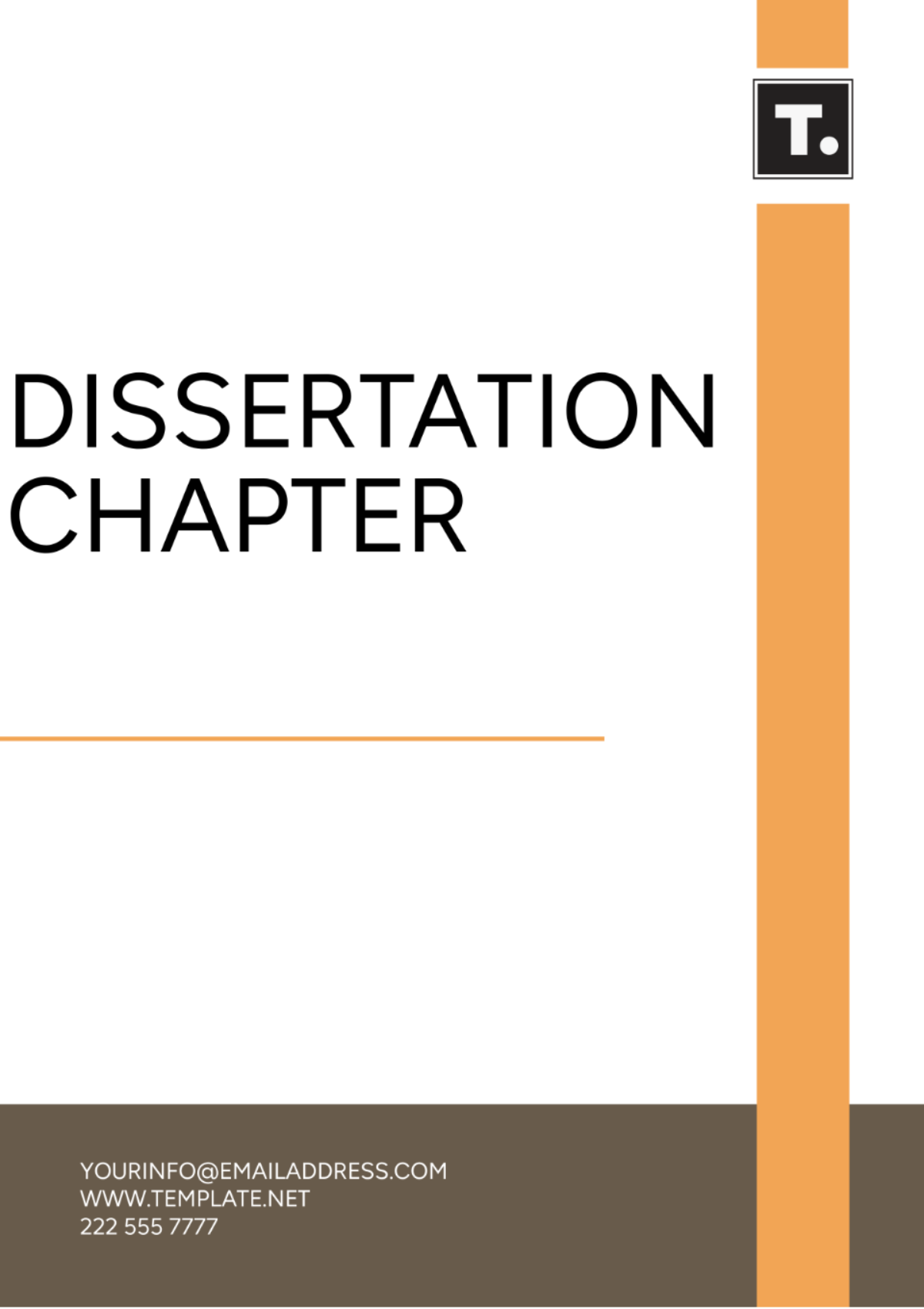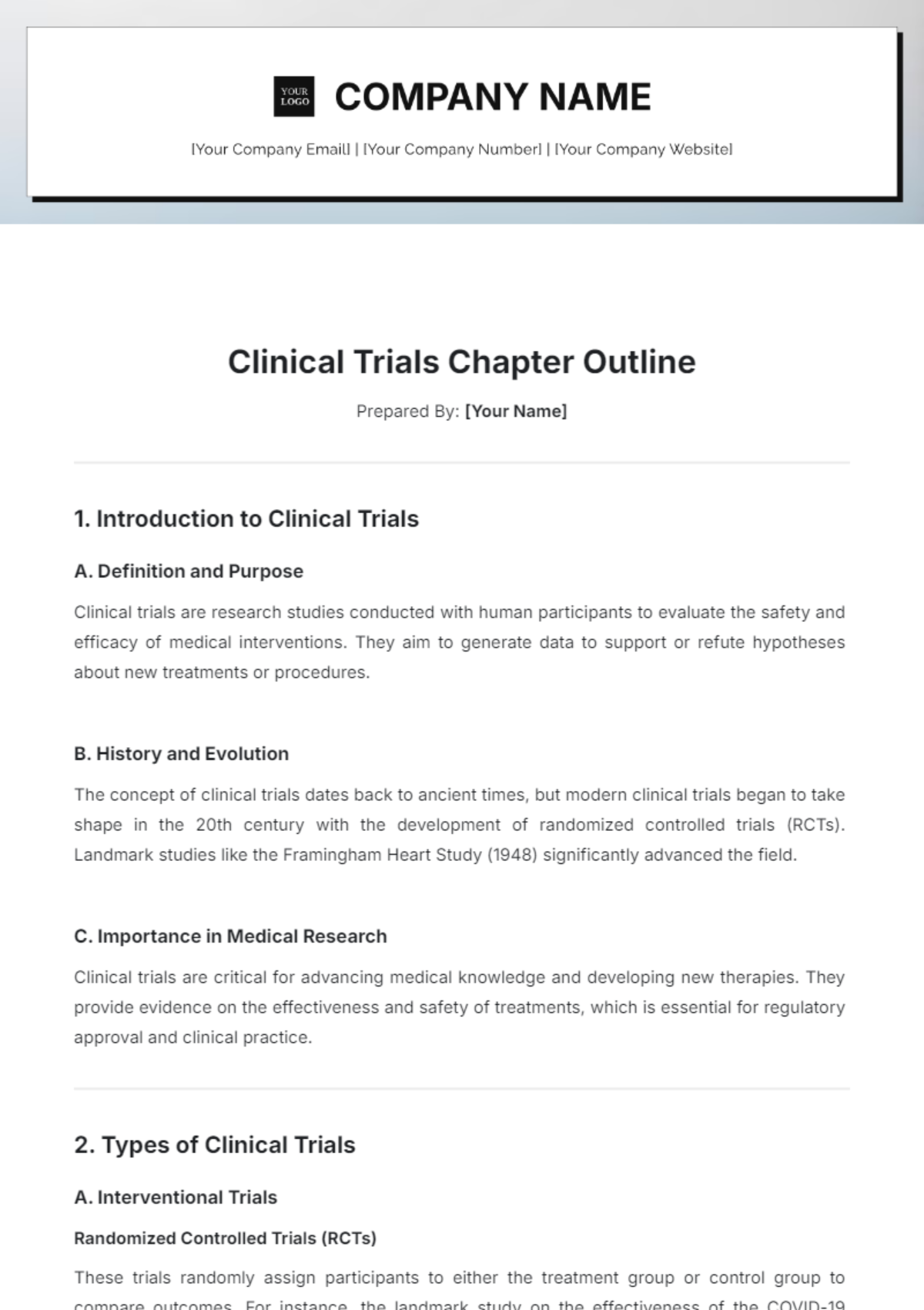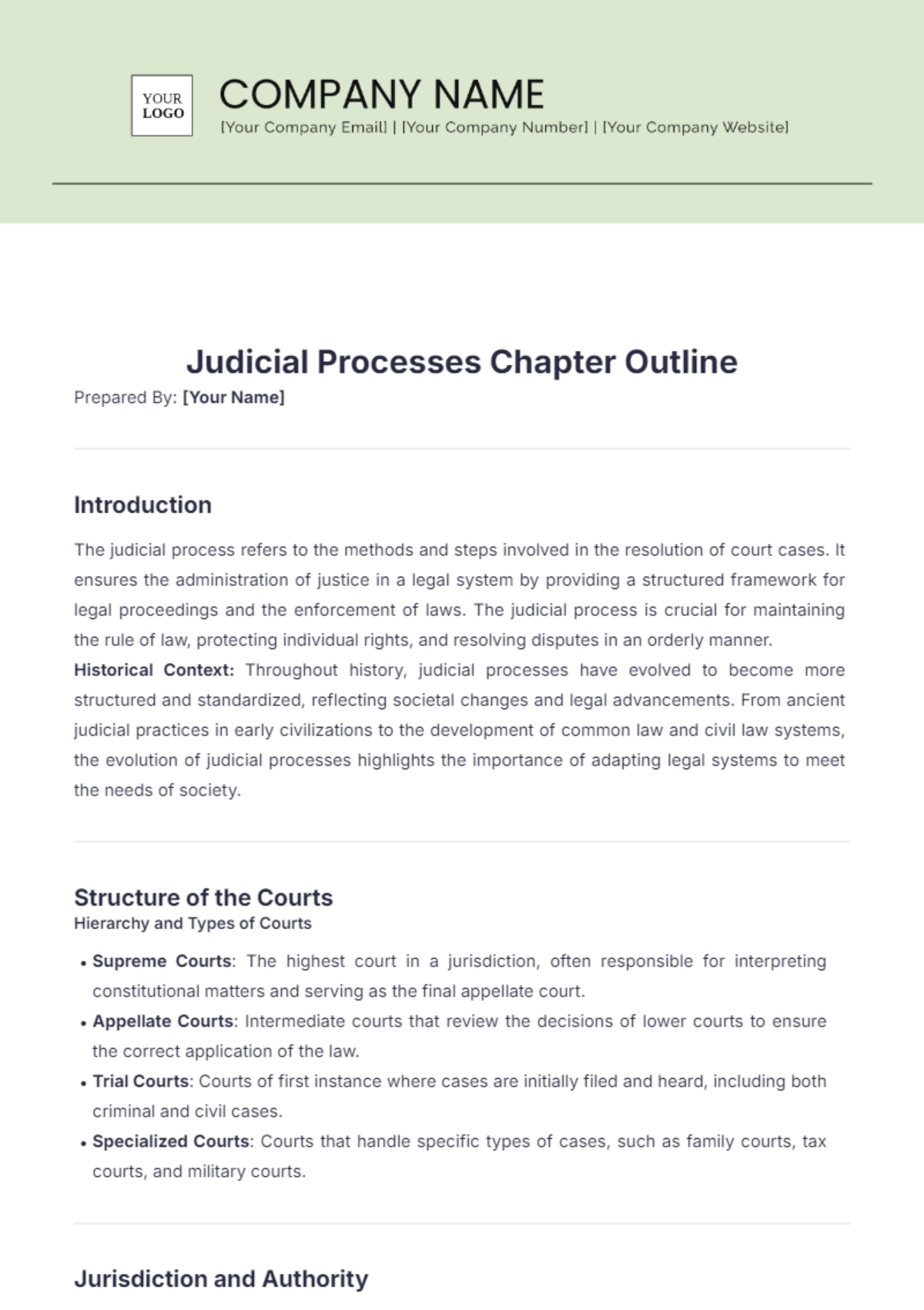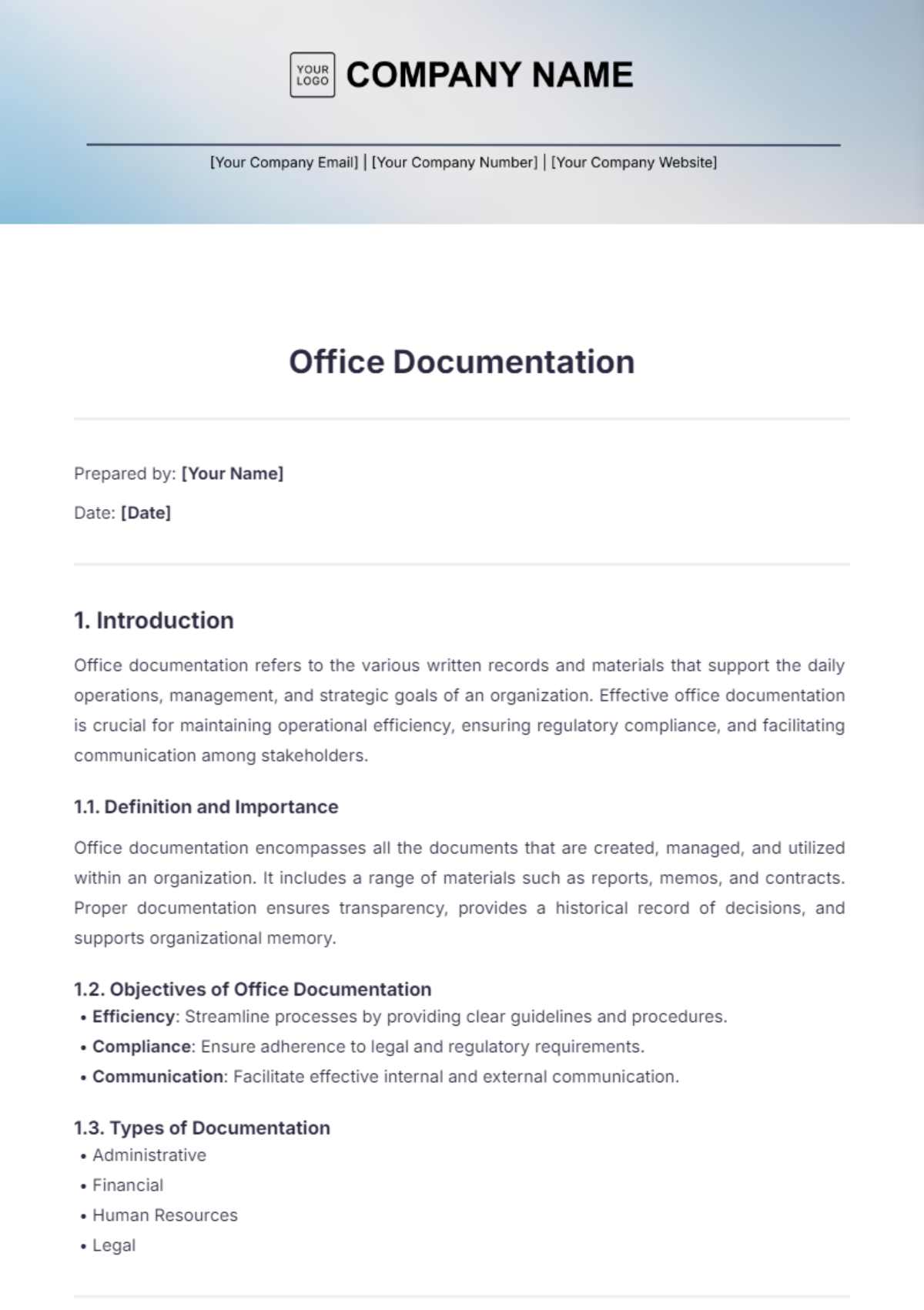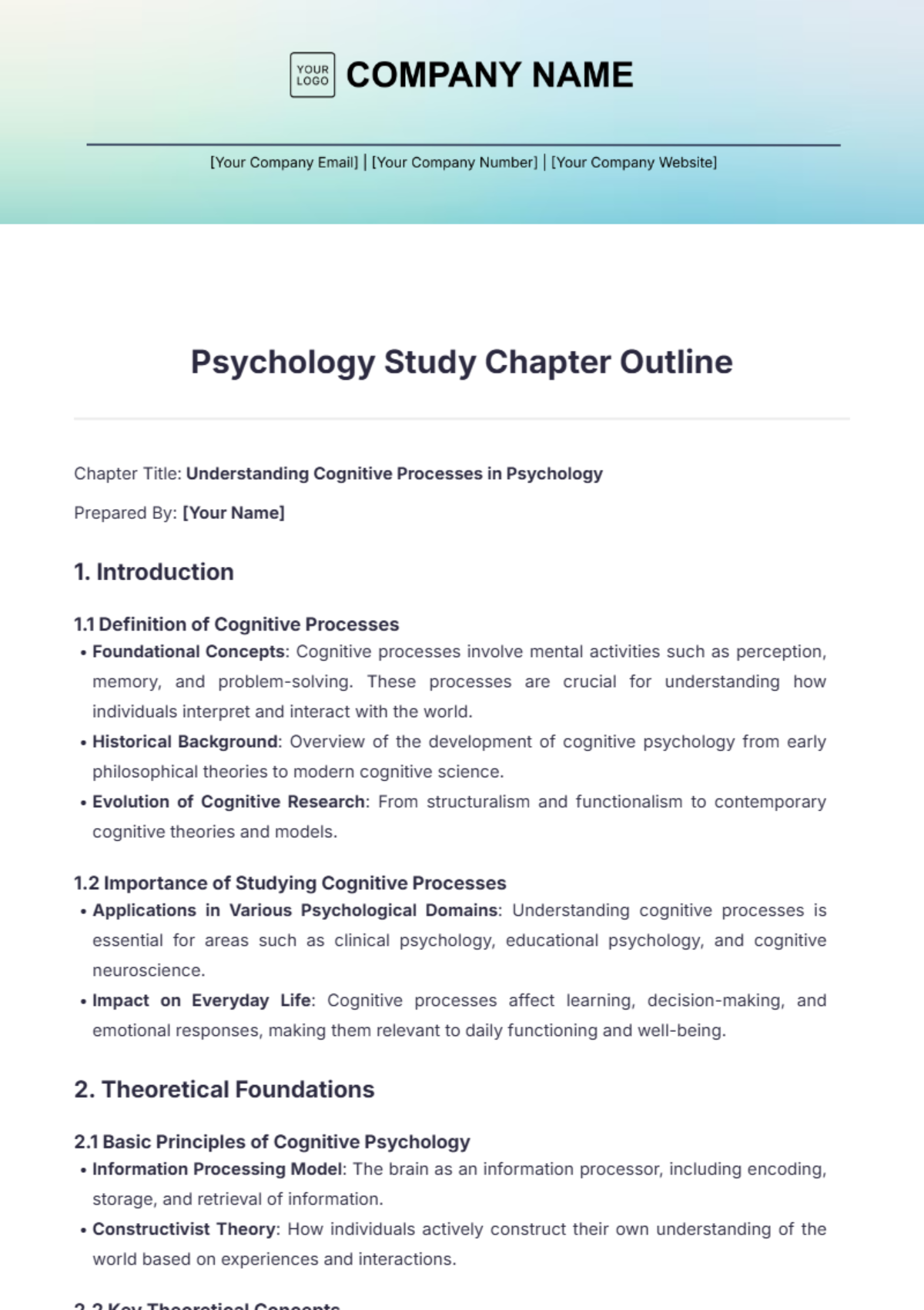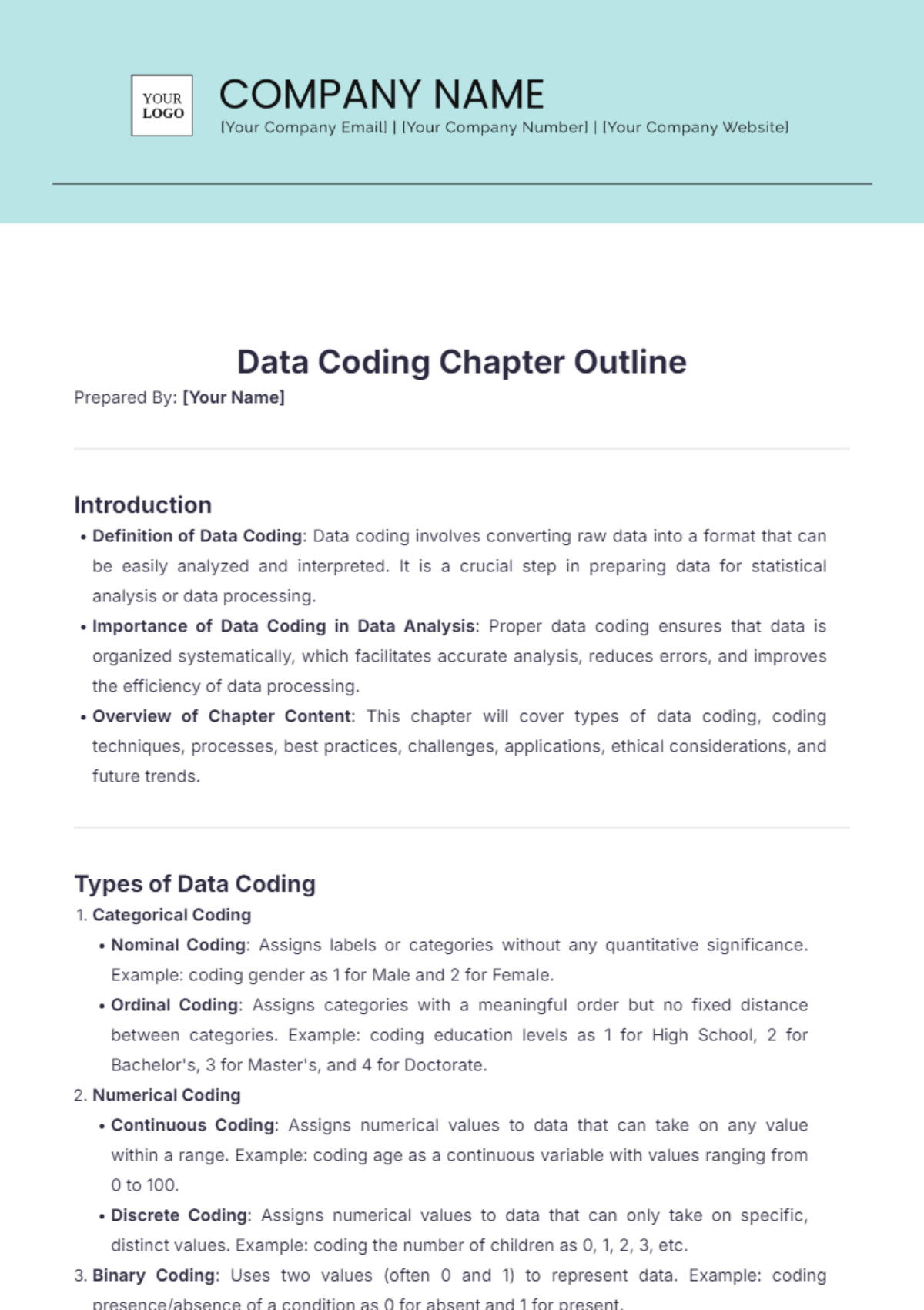Basic Chapter
I. Introduction
In this chapter, "The Role of Artificial Intelligence in Global Healthcare" will be discussed in detail. The introduction sets the stage for understanding AI's transformative impact on healthcare systems and patient outcomes. It provides a brief overview of how AI technologies are shaping the future of global health delivery.
[Your Name] welcomes you to explore this chapter, which aims to examine AI's potential to improve diagnostic accuracy, patient care, and healthcare management. Understanding these objectives is crucial as they form the foundation for the discussions and insights presented throughout the chapter.
II. Background Information
This section provides essential background information relevant to the integration of AI in global healthcare. It lays out the fundamental concepts, key AI technologies, and the historical context of AI adoption in medicine.
A. Key Concepts
Artificial Intelligence (AI): Refers to the simulation of human intelligence in machines, particularly in data processing and decision-making.
Machine Learning (ML): A subset of AI focused on enabling machines to learn from data without explicit programming.
Neural Networks: Complex algorithms modeled after the human brain that help AI systems recognize patterns and solve complex problems.
B. Historical Context
[Your Name] provides insights into the historical evolution of AI in healthcare, starting from its experimental use in the 2020s to its widespread implementation in diagnostic systems by 2050. Understanding the historical context is vital for appreciating the current state and future prospects of AI-driven healthcare systems.
III. Methodology
The methodology section outlines the approach taken to explore AI's impact on healthcare. It delineates the research methods, data collection techniques, and analytical frameworks employed in the analysis of this topic.
A. Research Methods
Literature Review: Conducted to assess current AI applications in healthcare and identify gaps in knowledge.
Surveys: Administered to healthcare professionals to understand their perspectives on AI integration.
Case Studies: Analyzed to examine successful implementations of AI in medical diagnostics and patient care.
B. Data Collection
Primary Data: Collected through interviews with AI specialists and healthcare providers.
Secondary Data: Gathered from peer-reviewed journals, government reports, and healthcare industry publications.
IV. Analysis and Findings
This section presents the analysis of the data collected and discusses the key findings regarding AI’s role in global healthcare. It offers insights, interpretations, and implications derived from the analysis.
A. Data Analysis
Quantitative Analysis: Statistical data was analyzed to assess the improvement in diagnostic accuracy with AI tools.
Qualitative Analysis: Feedback from healthcare professionals was interpreted to gauge their experience with AI technologies.
Comparative Analysis: AI-driven diagnostics were compared to traditional methods in terms of speed and accuracy.
B. Key Findings
Finding 1: AI-driven diagnostic tools reduced diagnostic errors by 40% on average.
Finding 2: AI integration significantly improved patient outcomes in remote areas with limited access to healthcare.
Finding 3: Resistance to AI adoption was higher among older healthcare professionals compared to younger practitioners.
V. Discussion
The discussion section delves deeper into the implications of the findings and their significance in the context of AI in healthcare. It explores connections, patterns, and potential areas for further research.
A. Implications
Theoretical Implications: The findings reinforce existing theories on the efficiency of AI in augmenting human decision-making in healthcare.
Practical Implications: AI can streamline hospital workflows and reduce the workload of healthcare professionals.
Policy Implications: Governments must develop regulations to ensure ethical AI usage in patient care.
B. Future Research Directions
Research Gap 1: Further investigation is needed into AI’s role in addressing mental health diagnostics.
Research Gap 2: Research on AI's potential in predictive analytics for disease outbreaks remains limited.
Research Gap 3: There is a need to study the long-term impact of AI on patient-doctor relationships.
VI. Conclusion
In conclusion, [Your Name] summarizes the key takeaways from this chapter and emphasizes their relevance to AI’s role in global healthcare. AI has the potential to revolutionize patient care and healthcare management. Understanding these concepts and their implications is crucial for future healthcare advancements.
Prepared by : | [Your Name] |
Company : | [Your Company Name] |



















